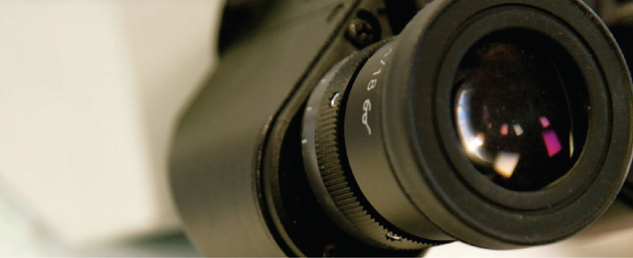Cellular Pathology
The specialist staff in the Directorate of Cellular Pathology provide the clinical opinions on specimens of tissues (biopsies) and cells (cytology) that are taken to make a diagnosis, to guide treatment and to monitor the effects of treatment. Our reports contain the essential information that physicians, surgeons and oncologists use when talking to patients.
We work with clinicians based in the community in Liverpool and in the main Liverpool hospitals and strive to ensure that patients receive a high quality service wherever they are being seen. This involves providing specialised pathological expertise to support many regional and national services, as well as the scientific expertise underpinning the diagnostic process.
Several staff are involved in national organisations, such as the Institute for Biomedical Sciences and the Royal College of Pathologists, contributing to the national pathology governance agenda and laboratory assessment services.
Specialist Clinical Services
The Directorate is based on specialist teams in the following areas:
- Gastrointestinal Pathology, including diseases of the liver, gallbladder and pancreas
- Soft Tissue Tumour Pathology, with close links to other specialist teams in North West England
- Head and Neck Pathology, as an integral part of the regional service at Aintree University Hospital
- Gynaecological Pathology, working closely with clinicians at the Liverpool Women’s Hospital
- Cardiothoracic Pathology, working closely with clinicians at the Liverpool Heart and Chest Hospital
- Dermatopathology, working with the specialist teams at the Royal Liverpool and Broadgreen Hospital and Aintree University Hospital
- Breast Pathology, including provision for the rapid molecular pathology assessment (OSNA) of lymph nodes removed during surgery for breast cancers.
- Haemato-oncology Diagnostic Service (HODS), working with specialist haematoliogsts across Merseyside and Cheshire
- Ophthalmic Pathology is a nationally commissioned highly specialised service and forms part of the “National Specialist Ophthalmic Pathology Service” (NSOPS). It provides a diagnostic, molecular diagnostic and prognostic service to the nationally commissioned trust-based Ocular Oncology service and to St Pauls’ Eye Hospital, as well as to other clinicians and pathologists throughout the UK, Europe, and elsewhere.
- Urological Pathology, as an integral part of the specialist clinical teams treating patients with cancers of the testis, kidneys and bladder
For a comprehensive list of the tests we offer, or for more information, please refer to the relevant Laboratory Handbook.

